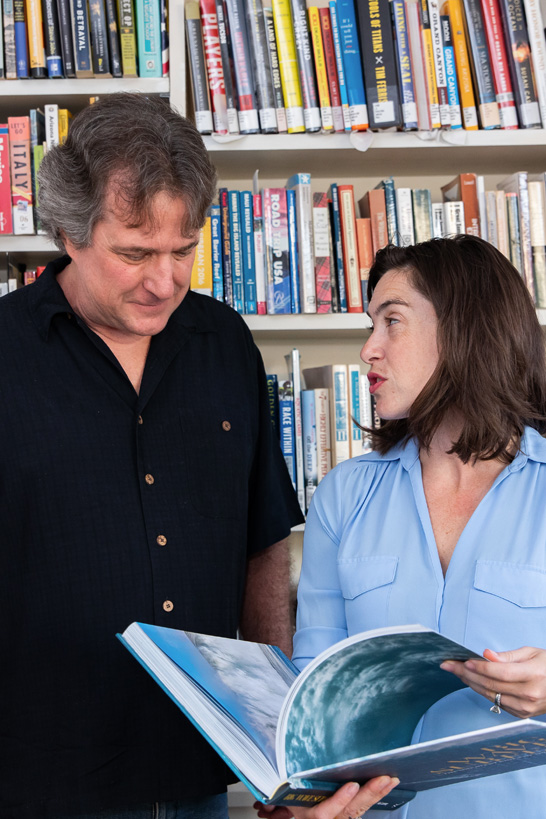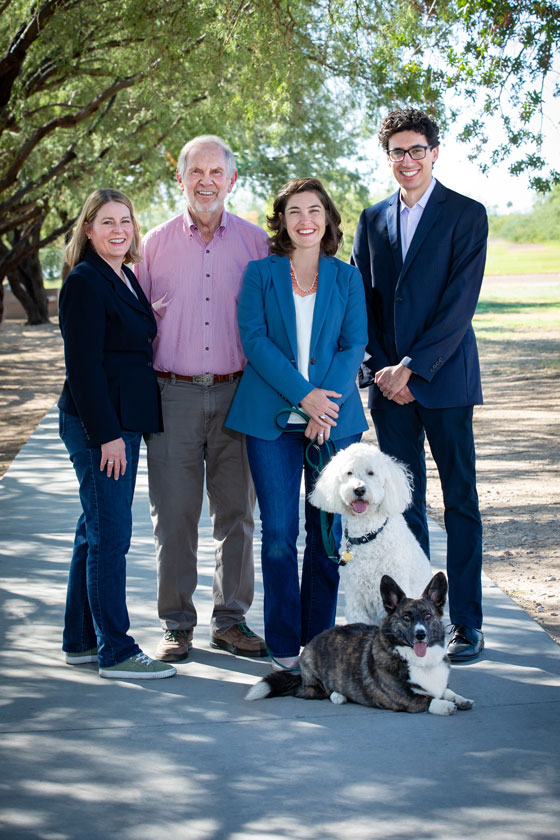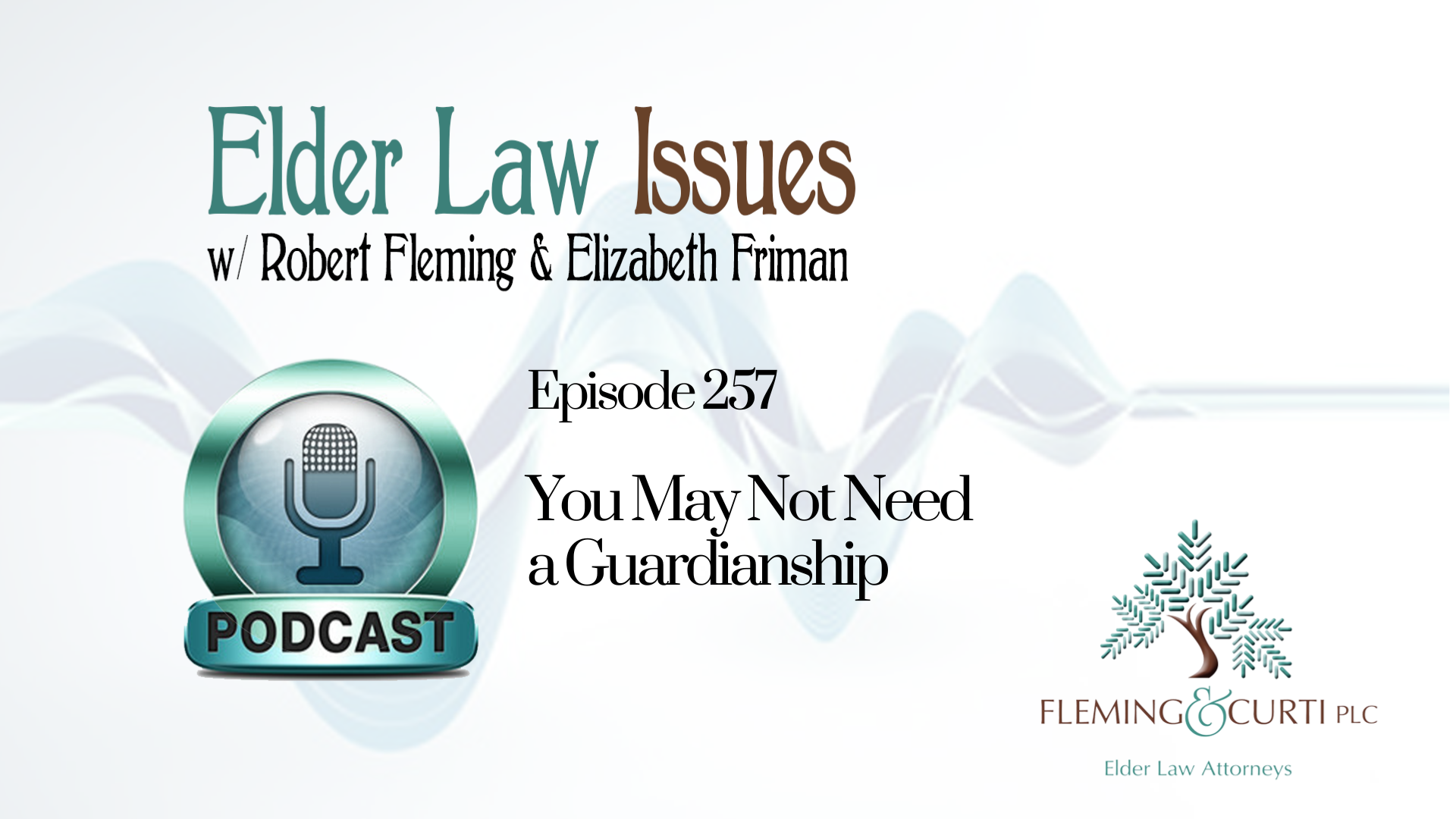Probate
“Probate” can mean a lot of things. Sometimes it refers to the process of proving the validity of a will. At other times it refers to the court where wills, estates, trust administration, and even guardianships and conservatorships are handled.

Estate Administration
Estate administration begins in probate when the Court determines whether the decedent died with a valid will. If there is no will, or the decedent’s will is determined to be invalid, then the heirs are identified through the probate process. During this process an executor, who is called “Personal Representative” is appointed by the Court to administer the estate. Certain documents must be filed with the Court during the probate process and the Court will oversee the actions of the Personal Representative during the administration of the estate.
The Personal Representative is a fiduciary tasked with identifying and collecting assets, paying creditors, and eventually distributing assets to beneficiaries or heirs. If the decedent created a will, the Personal Representative is required to distribute property according the terms of the decedent’s will. If there is no will, the Personal Representative will distribute property according to state laws of intestacy. Those laws aim to approximate most people’s wishes, which is if married, to your spouse (unless the decedent has children from another relationship), if no spouse, to children or, if children are not then living, their descendants; if no spouse and no children with descendants are living, then to parents, if living; if not, to aunts and uncles, and then cousins, and then more remote relatives.
Requirements
Probate has many specific requirements. One of them is “notice to creditors,” which is notifying anyone the decedent might owe money. The law provides a step-by-step process for paying creditors. The law of each state prescribes a manner to provide notice to creditors, and an order which creditors must be paid. If there are not enough assets in an estate to satisfy all creditor claims, then the Personal Representative must follow the law about which creditors should be paid first.
Many people believe that probate should be avoided. Some think the process is lengthy and costly. In Arizona (unlike some other states), probate is not particularly costly or lengthy, as long as the facts of the case are not too complex, and parties are agreeable. Although it is difficult to predict how any given proceeding will unfold, most probate cases go smoothly and are completed within six to twelve months of the decedent’s death and cost several thousand dollars. Estates with complex assets or distribution requirements cost more and take longer, and disagreements among beneficiaries increase time and expense exponentially.
One common misconception is that the government gets extra money from probates. Aside from the court filing fee, there will not be extra fees imposed by state, local, or federal authorities as a result of probate. An estate can “escheat to the state,” which means probate estate property transfers to the state. That is rare and occurs only if no heirs can be found.
Some people also worry about privacy. Although notice is published for creditors and court filings are available at the courthouse, most private details (like the inventory of assets) generally do not become part of the public record. Not every estate has to pass through probate. The process can be avoided by having an estate plan that utilizes trusts, holding assets jointly with right of survivorship, and completing beneficiary designations. In Arizona, if a decedent’s probate assets total less than $75,000 in personal property a simple, small estate collection procedure is available as an alternative approach to probate. Another simplified proceeding can be used for net real estate values up to $100,000.

I need help with:
How we're different

- Chris T
Podcasts
Subscribe to our Newsletter
Subscribe to our newsletter to get our takes on some of the situations families, seniors, and individuals with disabilities find themselves in. These posts help guide you in the decision-making process and point out helpful tips and nuances to take advantage of. Enter your email below to have our entries sent directly to your inbox!



